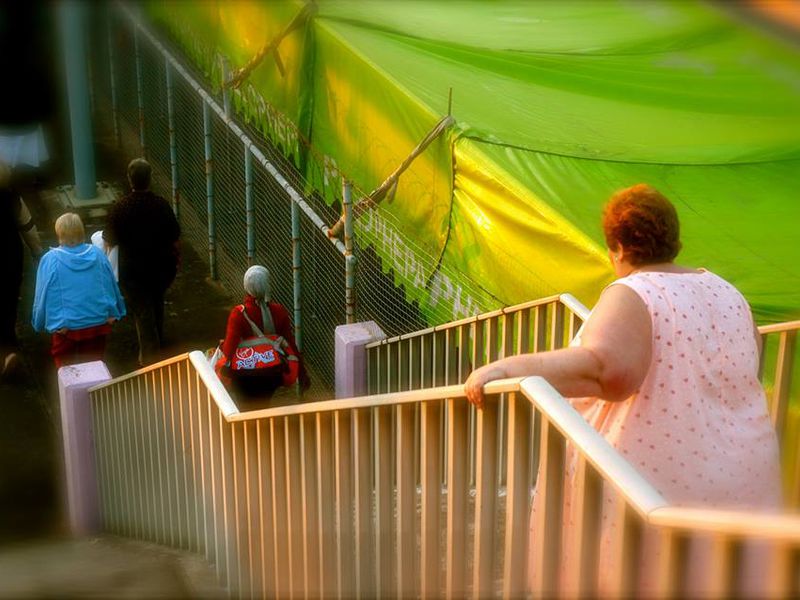Mapule Moroke’s reflections on Phelophepa
Posted By: Satish.Marru@transnet.net
23.04.2013
“Without a shadow of a doubt I do share the sentiments of past MACC students that my time on the Phelophepa will be a time I will cherish for the rest of my life. When you hear the former MACCs talk about their time on the Health train, many of them refer to their professional development. I do agree that the range of patients one is exposed to in two weeks is equivalent to the ones we normally hope to see in the inter year,” says Mapule Moroke, a former Phelophepa train psychology student.

“Without a shadow of a doubt I do share the sentiments of past MACC students that my time on the Phelophepa will be a time I will cherish for the rest of my life. When you hear the former MACCs talk about their time on the Health train, many of them refer to their professional development. I do agree that the range of patients one is exposed to in two weeks is equivalent to the ones we normally hope to see in the inter year,” says Mapule Moroke, a former Phelophepa train psychology student.
Moroke says that for her, it was both the professional and personal development that made the experience so unforgettable. She says they arrived at the Wincanton Station at 19:30pm after a long bus ride. After driving around and spotting the different communities such as Deben and Katu around the station, she became hopeful that the station would be busy as there seemed to be more than a handful of surrounding communities.
“This unfortunately was not the case, as the station proved slow. Every single clinic and not just the psychology clinic were experiencing a low turnout. We managed to hit the minimum number of clients seen in a week, 20 individual counselling sessions. Although I was fortunate enough to run 6 workshops with primary school groups, the low number at the train was a knock in confidence and a dampener on what was expected of the train,” she says.
Moroke says that she had heard that some stations would be slower than others and that at times the psychology students would find themselves planning workshops or aiding other clinics if needed.
“Speaking to permanent staff members about their choice to be on the train and their duration was always an amazing story to hear. What remains clear in all their stories is passion. I was only on the train for two weeks and was already experiencing cabin fever. Living in a confined space was not easy and perhaps what made it bearable was the work accomplished.
“I enjoyed the sense of ‘good has been done’ that came during the end of day feedbacks with Lynette. I was making a difference to people’s livelihoods through providing them with skills and in most cases refining or reinforcing skills that they had already acquired in aiding themselves or in accessing resources to lighten the load of hardship.”
She says that when they arrived at the second station, Taung Station on the Saturday afternoon, it had a platform and promised to be much better with less dust to deal with and a building that blocked the cold winter’s breeze that had begun to follow the crew from the Northern Cape.
“Patients had already queued and were waiting for the clinic to open on the Monday morning. They had to endure the cold weather; this was hard for me to see and try to understand, but when discussing this with other colleagues and the permanent staff it was something that only required a positive outlook. People within this community were among the many that called this train ‘the miracle train’ and ‘the train of hope’. These patients were not going to have this opportunity pass them by.”
Moroke says that what is even more heart breaking is that they will have to wait another year to have the opportunity yet again to access all these services again. Learning to hold firm and not despair with patients but afford them a ladder upon which they are able to climb and help themselves out was a skill learned that I will forever draw upon within my own professional career.
“I loved my experience on the train and did not want to leave. I wanted to continue working alongside the amazing people serving the community, educating and healing the community. When the opportunity arises I hope that one day, I will work on one of the Phelophepa health trains.







